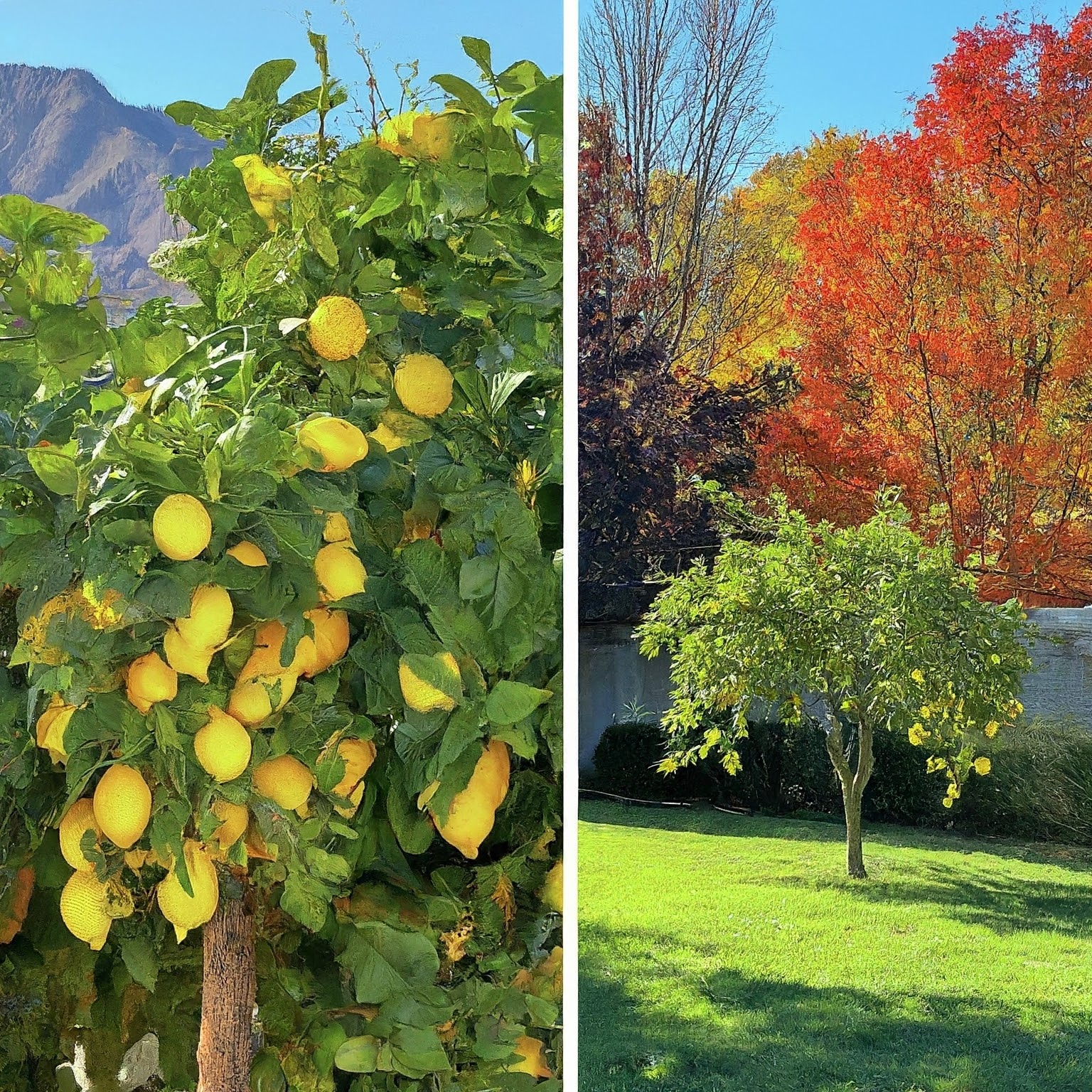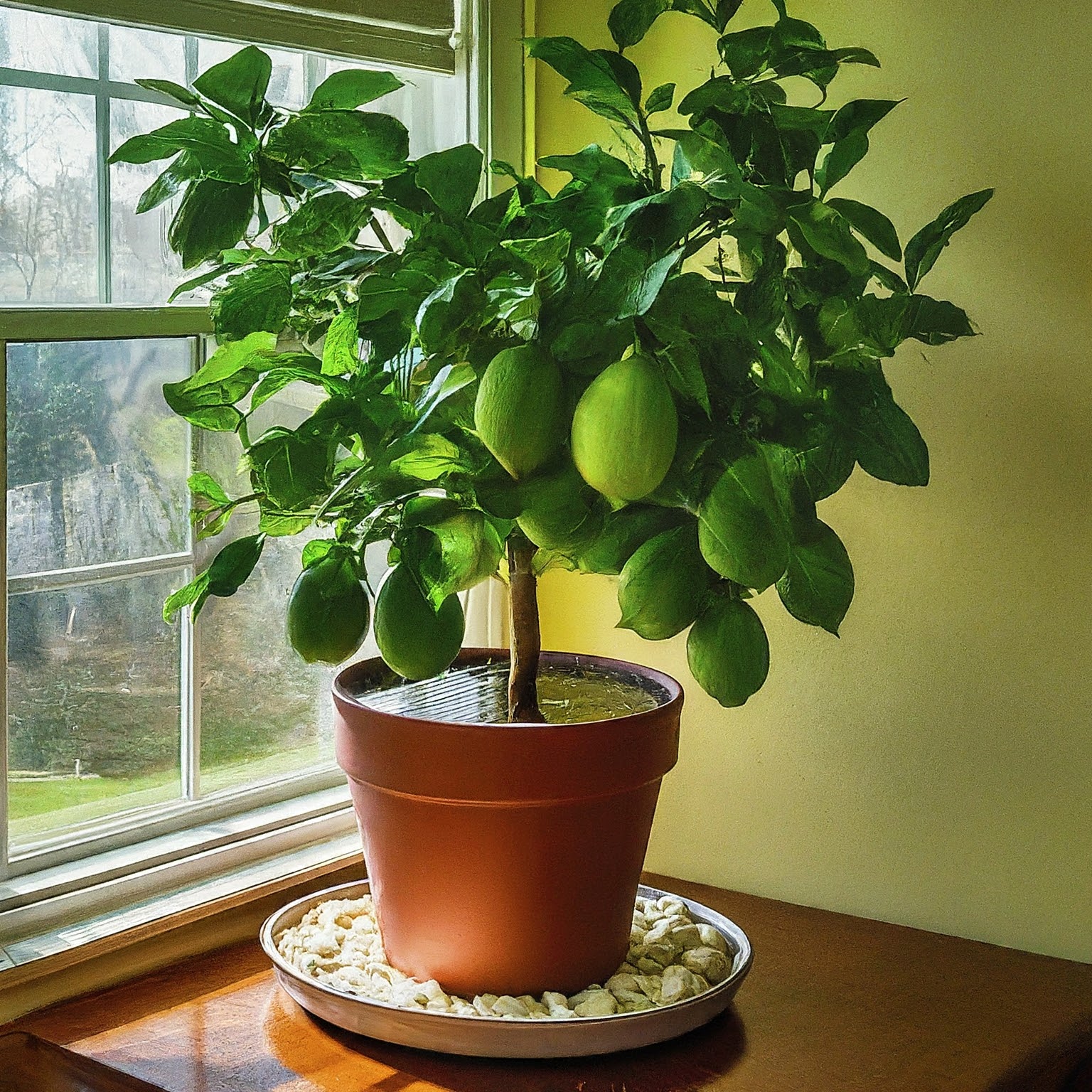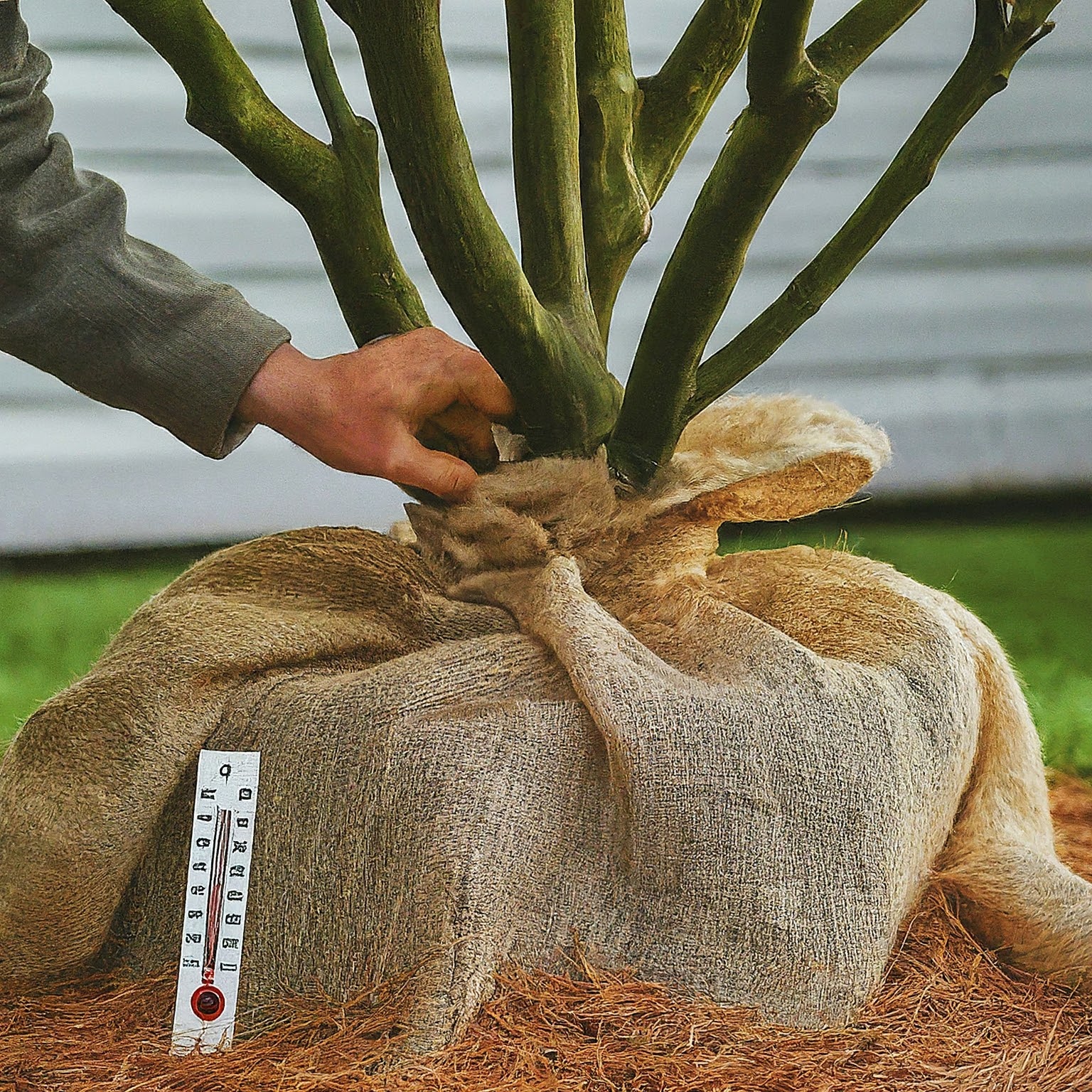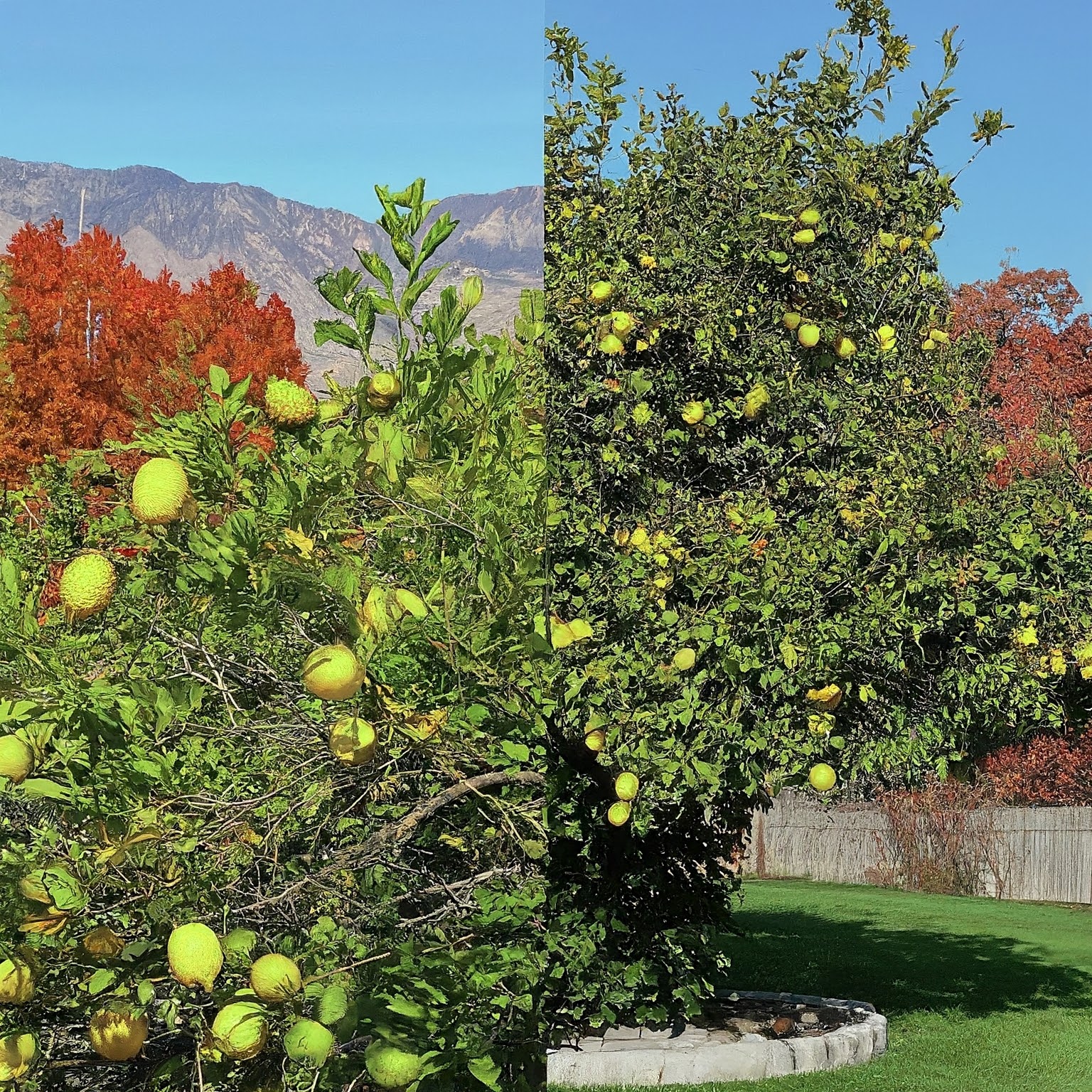
Can Lemon Trees Thrive in New Jersey’s Climate?
A common question among gardeners in New Jersey is whether lemon trees can thrive in the state’s climate. In this article, we will explore the factors that contribute to the success of lemon trees in New Jersey, including temperature, sunlight, soil conditions, and care requirements. By the end of this article, you will have a better understanding of whether it is feasible to grow lemon trees in your New Jersey garden.
Can Lemon Trees Survive New Jersey Winters?
New Jersey winters can be harsh, with cold temperatures and occasional snowstorms. Lemon trees are tropical plants that prefer warm climates, so it is important to provide them with protection during the winter months.
It is recommended to bring lemon trees indoors or provide them with a sheltered location when temperatures drop below freezing. Additionally, wrapping the trunks with insulation can help protect the tree from frost damage.
During the winter months, it is also important to reduce watering to prevent the roots from becoming waterlogged. While lemon trees can survive in New Jersey winters with proper care, they may not thrive as well as they would in a warmer climate.

How Much Sunlight Do Lemon Trees Need?
Lemon trees require plenty of sunlight to thrive. In New Jersey, it is important to choose a location for your lemon tree that receives at least 6-8 hours of sunlight per day.
South-facing locations are ideal, as they tend to receive the most sunlight throughout the day. If your garden does not have a suitable location for a lemon tree, consider using grow lights to supplement sunlight.
Without adequate sunlight, lemon trees may not produce as much fruit or may become leggy and weak. Be sure to monitor the sunlight levels in your chosen location to ensure that your lemon tree receives enough light to grow and flourish.

What Soil Conditions Are Best for Lemon Trees in New Jersey?
Lemon trees prefer well-draining soil that is slightly acidic. In New Jersey, the soil can vary from region to region, so it is important to test the pH levels of your soil before planting a lemon tree. If your soil is too alkaline, you can amend it with sulfur or peat moss to lower the pH levels.
In addition to pH levels, it is important to ensure that the soil is well-draining to prevent root rot. Adding organic matter such as compost or mulch to the soil can help improve drainage and provide essential nutrients for your lemon tree. With the right soil conditions, your lemon tree will have a strong foundation for healthy growth.

How Often Should Lemon Trees Be Watered in New Jersey?
Proper watering is essential for the health of lemon trees in New Jersey. During the growing season, lemon trees should be watered regularly, allowing the top inch of soil to dry out between waterings. In the winter months, reduce watering to allow the tree to enter a dormant state.
It is important to water your lemon tree at the base of the trunk to avoid wetting the leaves, which can lead to fungal diseases. Using a drip irrigation system or watering by hand can help ensure that your lemon tree receives the right amount of water.
By monitoring the soil moisture levels and adjusting your watering schedule as needed, you can help your lemon tree thrive in New Jersey.
What Pests and Diseases Should I Watch Out for with Lemon Trees in New Jersey?
Lemon trees in New Jersey are susceptible to a variety of pests and diseases that can affect their health and productivity. Some common pests to watch out for include aphids, scale insects, and spider mites. Regularly inspecting your lemon tree for signs of pest infestations and taking appropriate measures, such as using insecticidal soap or neem oil, can help prevent damage.
In addition to pests, lemon trees can also be affected by diseases such as citrus canker and root rot. Proper care, including ensuring good air circulation around the tree, avoiding overwatering, and practicing good sanitation practices, can help prevent the spread of diseases.
By staying vigilant and addressing any pest or disease issues promptly, you can help your lemon tree stay healthy and productive.

How Can I Ensure Fruit Production on My Lemon Tree in New Jersey?
Fruit production on lemon trees in New Jersey can be influenced by a variety of factors, including sunlight, temperature, and care. To encourage fruit production, be sure to provide your lemon tree with adequate sunlight, water, and nutrients. Pruning your lemon tree can also help promote fruit production by allowing more sunlight to reach the branches.
It is important to be patient when growing lemon trees in New Jersey, as it may take several years for the tree to reach maturity and begin producing fruit. By providing the right conditions and care for your lemon tree, you can increase the likelihood of a bountiful harvest of fresh, flavorful lemons.
Conclusion
While growing lemon trees in New Jersey can pose some challenges due to the state’s climate, it is possible with the right precautions and care.
By providing adequate protection from winter cold, ensuring proper sunlight, soil conditions, and watering, and addressing pests and diseases promptly, you can help your lemon tree thrive and produce delicious fruit. With patience and persistence, you can enjoy the beauty and bounty of lemon trees in your New Jersey garden.
FAQs
Can lemon trees survive in New Jersey winters?
Yes, lemon trees can survive in New Jersey winters with proper protection from freezing temperatures and frost.
How much sunlight do lemon trees need in New Jersey?
Lemon trees in New Jersey need at least 6-8 hours of sunlight per day to thrive and produce fruit.
What soil conditions are best for lemon trees in New Jersey?
Lemon trees prefer well-draining, slightly acidic soil. Testing the pH levels of your soil and amending as needed can help ensure optimal growing conditions.
How often should lemon trees be watered in New Jersey?
During the growing season, lemon trees should be watered regularly, allowing the top inch of soil to dry out between waterings. Reduce watering in the winter months.
What pests and diseases should I watch out for with lemon trees in New Jersey?
Aphids, scale insects, spider mites, citrus canker, and root rot are common pests and diseases that can affect lemon trees in New Jersey. Regular inspection and proper care can help prevent damage.








